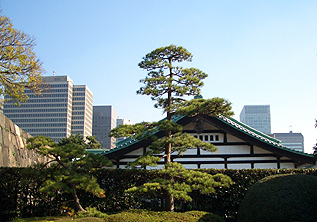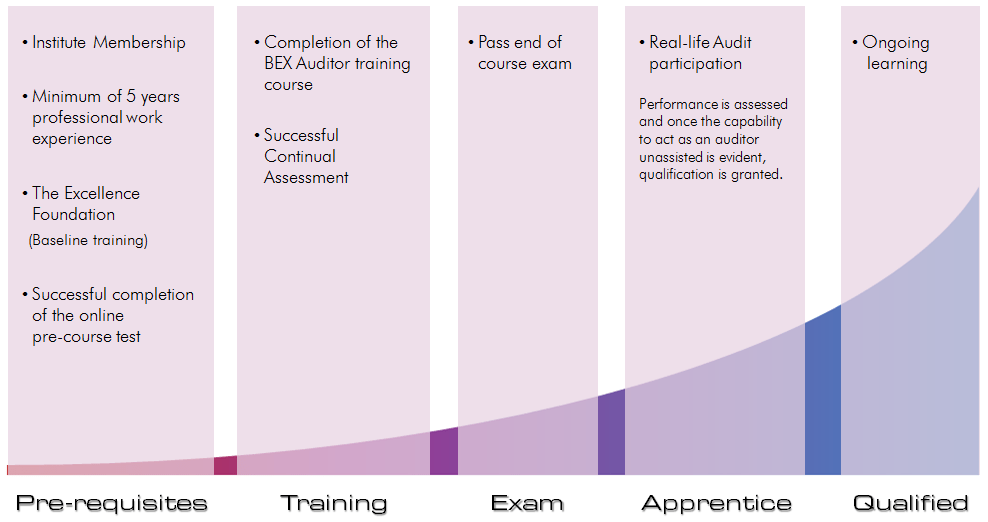To change is to become different. In Japanese, the word for “to differ” is chigau. What makes this worth mentioning is the Japanese word for “wrong”. If you haven’t guessed already, here’s a hint – you’ve seen it already… it’s chigau.
Without much thought, it’s easy to see why people might think the Japanese believe that change is wrong.
Far from being wrong, change is both necessary and can be very positive. Of course, nobody likes having change imposed on them. If I were to rearrange your kitchen while you were at work, so you found pots when you opened the press to get a coffee mug, you would be upset. However, if I was to take you shopping for new living room furniture and a next-generation television on my dime, the result might be different.

Why? Part of it might be because I’m investing to make your life better but the same could be said of the time I spent arranging things more logically in your kitchen. The main reason is that you are involved in the change.
I’ve worked in one organization where over 10% of its people globally were working on a major strategic change initiative. It was a huge number but it still left thousands of the people uninvolved, in danger of being the people who couldn’t find the coffee mug as things were changed without their knowledge. Running the business, looking after customers, and generating revenue are important responsibilities. It leaves a sour taste in the mouth – nothing like good coffee – to have been working hard on these tasks only to find thing changing around you without knowing why.
This makes it incumbent on leaders to find ways to involve these people and give them a voice. It also makes it incumbent on those working on change to champion it and communicate what’s happening to their colleagues.
Contrary to what one might think having learned the meaning of chigau, the Japanese don’t think that change is wrong. Indeed, they embrace it and all change together as is evidenced by the massive national best practice benchmarking program they undertook in the early 1900s that changed Japan from a feudal society into one of the world’s most advanced and successful nations.















